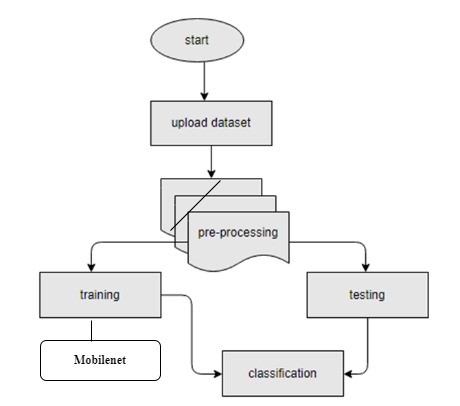Detection of Knee Orthopedic X-ray Images using Deep Learning
Objective
The aim of this paper is to present the findings of a systematic literature review of knee (doubtful, healthy, minimal, moderate and severe) injury detection papers using deep learning.
Abstract
The improved treatment of knee injuries critically relies on having an accurate and costeffective detection. In recent years, deep-learning-based approaches have monopolized knee injury detection in X-ray studies. The aim of this paper is to present the findings of a systematic literature review of knee (doubtful, healthy, minimal, moderate and severe) injury detection papers using deep learning. Appropriate metrics were chosen to interpret the results. The prediction accuracy of the deep-learning models for the identification of knee injuries ranged from 72.5–100%. Deep learning has the potential to act at par with human-level performance in decision-making tasks related to the X-ray based diagnosis of knee injuries. The limitations of the present deep-learning approaches include data imbalance, model generalizability across different centers, verification bias, lack of related classification studies with more than two classes, and ground-truth subjectivity. There are several possible avenues of further exploration of deep learning for improving X-ray -based knee injury diagnosis. Explain ability and light weightness of the deployed deep-learning systems are expected to become crucial enablers for their widespread use in clinical practice.
Keywords: Orthopedics, Knee X-ray images, Classification, Deep Learning.
NOTE: Without the concern of our team, please don't submit to the college. This Abstract varies based on student requirements.
Block Diagram

Specifications
H/W Configuration:
- Processor: I3/Intel Processor
- Hard Disk:160 GB
- RAM: 8 GB
S/W Configuration:
- operating System: Windows 7/8/10 .
- Server side Script :HTML, CSS & JS.
- IDE : Pycharm.
- Libraries Used : Numpy, IO, OS, Flask, keras.
- Technology: Python 3.6+.
Learning Outcomes
Practical exposure to
· Hardware and software tools
· Solution providing for real time problems
· Working with team/individual
· Work on creative ideas
· Testing techniques
· Error correction mechanisms
· What type of technology versions is used?
· Working of Tensor Flow
· Implementation of Deep Learning techniques
· Working of CNN algorithm
· Working of Transfer Learning methods
· Building of model creations
· Scope of project
· Applications of the project
· About Python language
· About Deep Learning Frameworks
· Use of Data Science


 Paper Publishing
Paper Publishing
